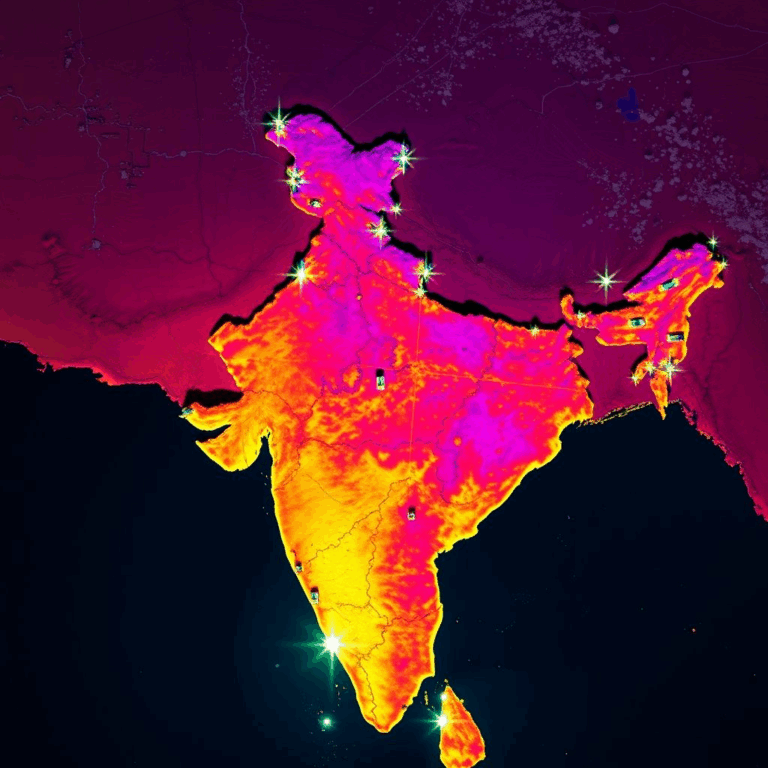Introduction
In a move poised to reshape India’s entrepreneurial landscape, the Maharashtra government has unveiled its Startup Policy 2025, introducing the ₹1,000 crore “Maha-Fund” to provide financial and strategic support to startups across the state. Designed to create a sustainable ecosystem for innovation, the policy aims to turn Maharashtra into the nation’s undisputed startup hub within the next five years.
The announcement comes at a time when India is experiencing an unprecedented surge in startup activity, with sectors like fintech, clean tech, health tech, and AI leading the charge. By offering easier access to funding, infrastructure, mentorship, and global exposure, Maharashtra seeks to attract both homegrown talent and global investors.
Key Highlights of the Maharashtra Startup Policy 2025
1. The Maha-Fund: ₹1,000 Crore Commitment
At the core of the policy is the Maha-Fund, a ₹1,000 crore investment pool aimed at providing seed funding, early-stage capital, and growth-stage support for startups. The government will operate the fund in partnership with venture capitalists, private equity firms, and angel networks, ensuring a multiplier effect.
2. Target Sectors
The policy prioritizes high-potential sectors, including:
- Artificial Intelligence and Machine Learning
- Clean Energy and Sustainability
- HealthTech and BioTech
- AgriTech
- Advanced Manufacturing
- EV and Mobility Solutions
3. Single-Window Startup Cell
To eliminate bureaucratic delays, the government will set up a Single-Window Startup Cell offering end-to-end services — from registration and licensing to tax guidance and legal compliance support.
4. Innovation Hubs and Startup Parks
Maharashtra will develop five new innovation hubs and three large-scale Startup Parks equipped with R&D labs, co-working spaces, and incubation facilities. These will be strategically located in Mumbai, Pune, Nagpur, Nashik, and Aurangabad.
Expert Insights on the Policy
Anita Deshmukh, Venture Capitalist and Partner at SeedSpark Ventures, says:
“The Maha-Fund is not just about capital — it’s about confidence. Maharashtra is sending a strong signal to global investors that it is ready to back innovation with resources and policy stability.”
Rohan Mehta, Founder of a Pune-based EV startup, adds:
“Access to early-stage capital has always been a bottleneck for Indian startups. With the Maha-Fund, Maharashtra has a real shot at becoming India’s Silicon Valley.”
Why This Policy Matters Now
The timing of the policy is strategic. India’s startup ecosystem is the third largest in the world, yet access to early-stage funding remains a challenge. Maharashtra already contributes significantly to India’s GDP and hosts top-tier talent pools, making it an ideal launchpad for scaling innovation.
Potential Economic Impact
- Job Creation: The policy could generate over 500,000 direct and indirect jobs in five years.
- GDP Growth: Startups are projected to contribute an additional ₹1.5 lakh crore to the state’s GDP by 2030.
- Foreign Investment: Global investors are expected to co-invest alongside the Maha-Fund, potentially bringing in another ₹3,000 crore in FDI.
Challenges Ahead
While the policy is promising, execution will be critical. Common hurdles include:
- Ensuring transparent fund allocation.
- Avoiding bureaucratic red tape.
- Creating sustained mentorship programs.
- Encouraging startups beyond Mumbai and Pune to ensure statewide growth.
Conclusion
The Maharashtra Startup Policy 2025, backed by the Maha-Fund, signals a decisive step toward making the state a global hub for innovation. By focusing on targeted sectors, easing regulatory processes, and offering substantial financial backing, Maharashtra is setting a bold precedent for other states to follow.







